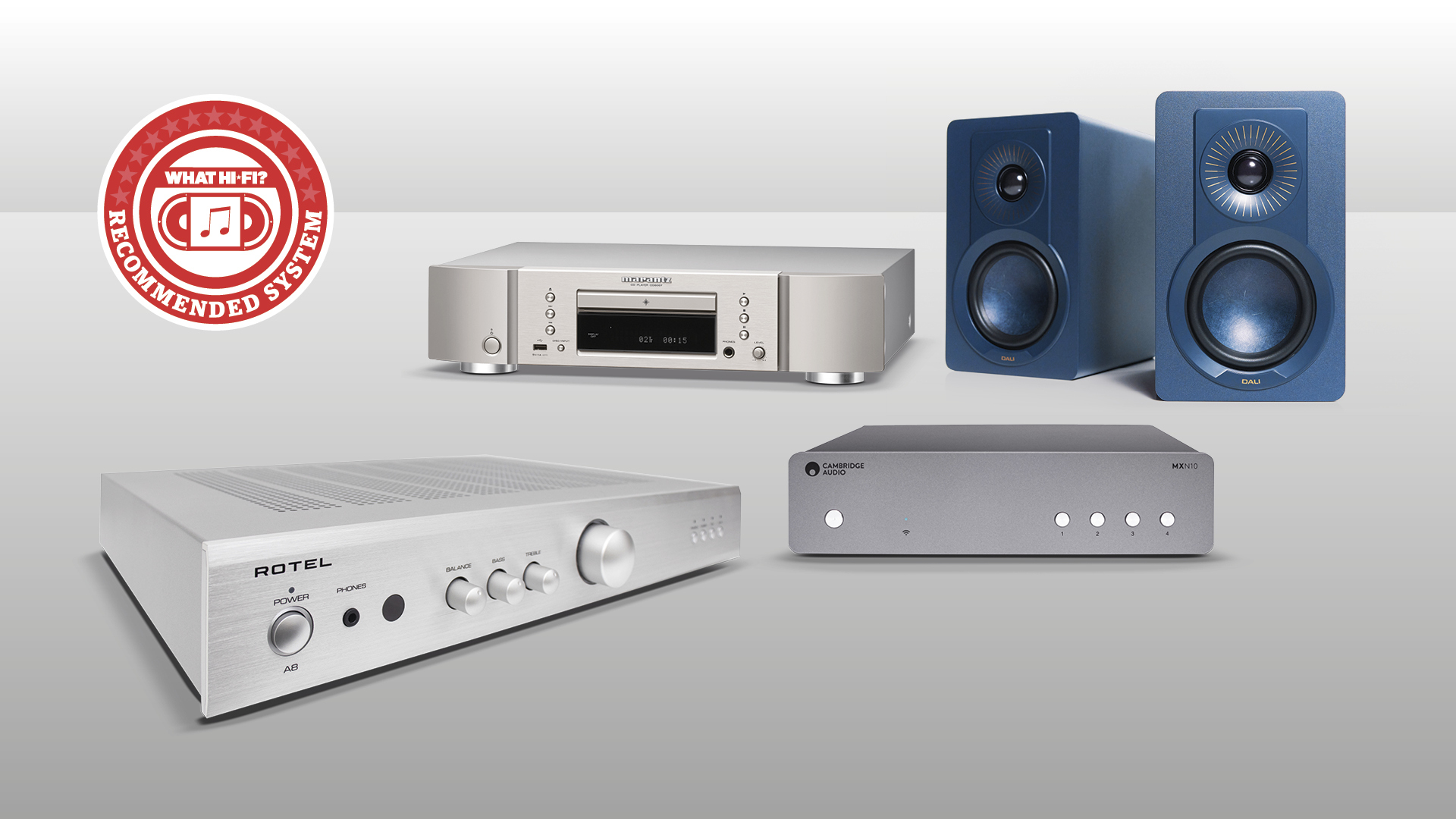Our readers agree with the hi-fi industry – durability, repairability and sublime sound are the key to sustainability
Being built to last and easy to repair are top of our readers' concerns when it comes to hi-fi’s green credentials
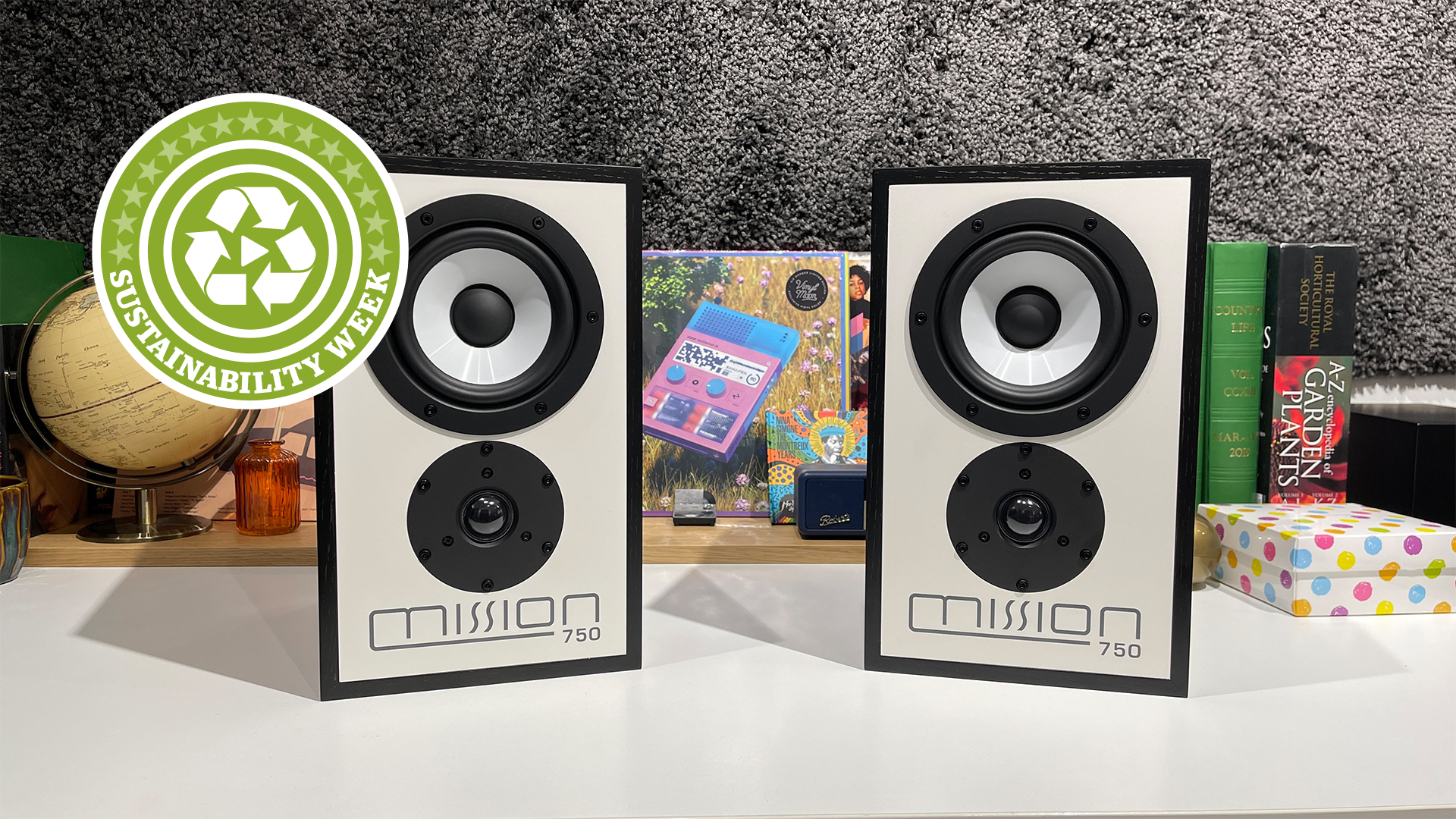
The latest hi-fi, home cinema and tech news, reviews, buying advice and deals, direct to your inbox.
You are now subscribed
Your newsletter sign-up was successful
This week we asked if you care about the environmental impact hi-fi has on the planet and whether sustainability factors into your buying decisions. And the response we got tells a simple story.
Specifically, that you do – but not in the way we expected. Rather than focussing on supply chains and whether or not the materials used to make the amps or speakers are sustainably sourced, instead, “collectors” that you are, you revealed a very different interest – one that is in line with the people making the products.
It’s all about longevity
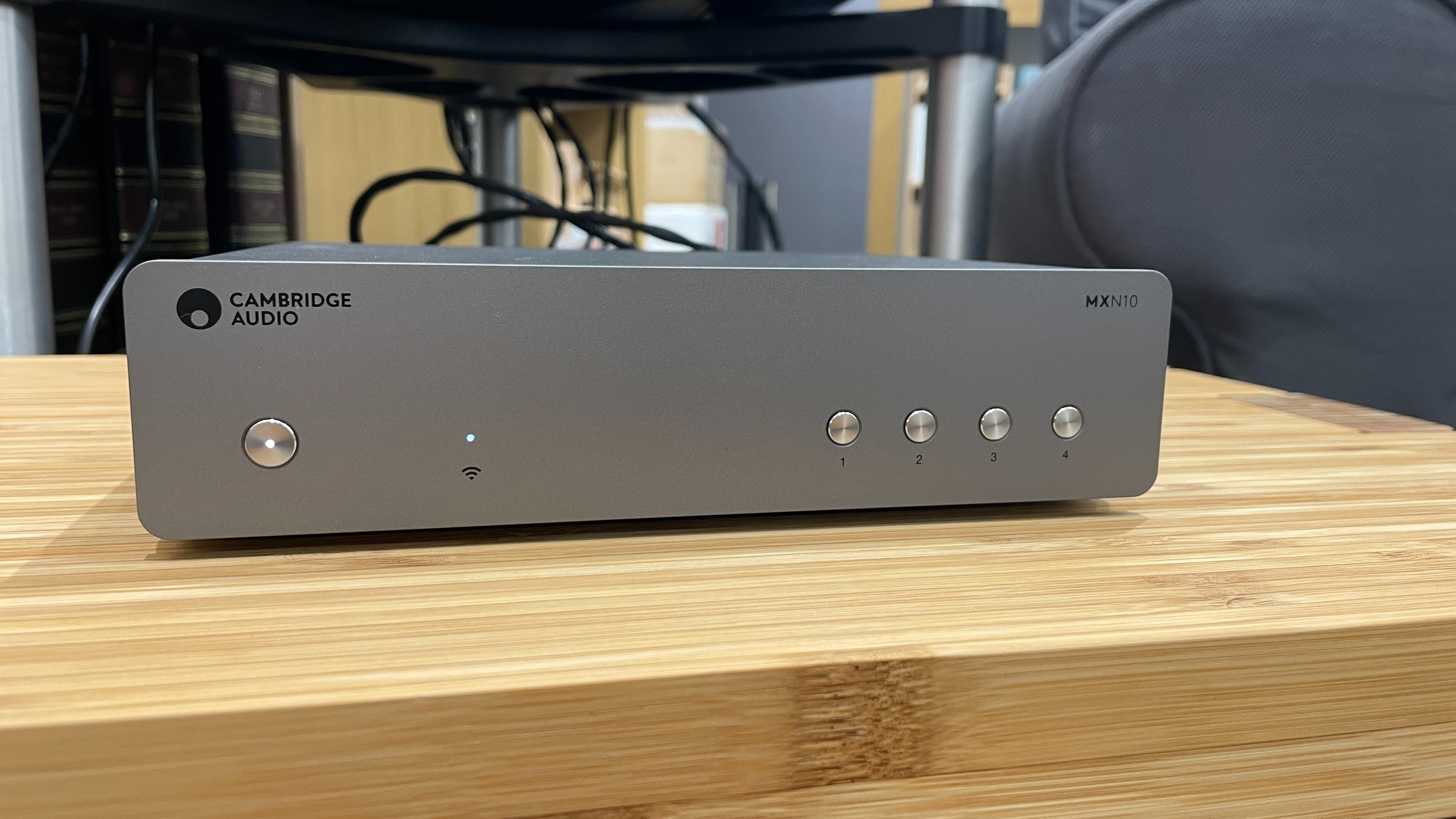
We’ve never shied away from the fact that, though we all agree hi-fi is getting better as time marches on, a lot of older, classic products still sound great, even by today’s standards.
We even have an entire column dedicated to older products and how they compare to newer rivals called That Was Then. In it we're constantly finding a treasure trove of old hi-fi screaming for a modern spruce, via the addition of a streamer.
And after wading through your responses, it’s clear a lot of you agree, with nearly every message we received listing longevity as a key concern when it comes to hi-fi’s green credentials.
This started with reader Todd Schuett who opened up the comments by bluntly stating:
“Buy good quality gear and it will last for decades. That’s as sustainable as I’m concerned with.”
The latest hi-fi, home cinema and tech news, reviews, buying advice and deals, direct to your inbox.
Facebook follower Paul Michael expanded on the statement adding that even if the product has “green” credentials, it would still need to be built to last for him to think of it as truly sustainable.
“I would say that I put the quality and performance of whatever I am buying above its environmental credentials. If a product was high quality, performed well and was environmentally friendly without coming with a raised price tag over a non environmentally friendly product I would be happy to buy it,” he said.
“From working in manufacturing where the pressure is increasing to be more sustainable I have seen product prices rise but quality, performance and life expectancy decreasing," he continued. "There is no point in buying a sustainable product that won't last a good amount of time, requiring a replacement product to be manufactured to replace it.”
Fellow Facebook commentator, Jgoldsmid, went on to add “repairability” and reducing the use of single-use materials as two other key concerns he factors in when buying hi-fi.
“Repairability and recyclability of stuff is definitely something I want to hear about in reviews now. Even just talking about how items are packaged,” he wrote.
“Apple [has] demonstrated how its possible to go from using a small mountain of polystyrene and plastic to using ever more minimal (and beautiful) cardboard alternatives which still protect items in transit just as well as the older, non-recyclable versions did. Now if we could only persuade them to make their repair prices a bit less prohibitive.”
And you’re not alone
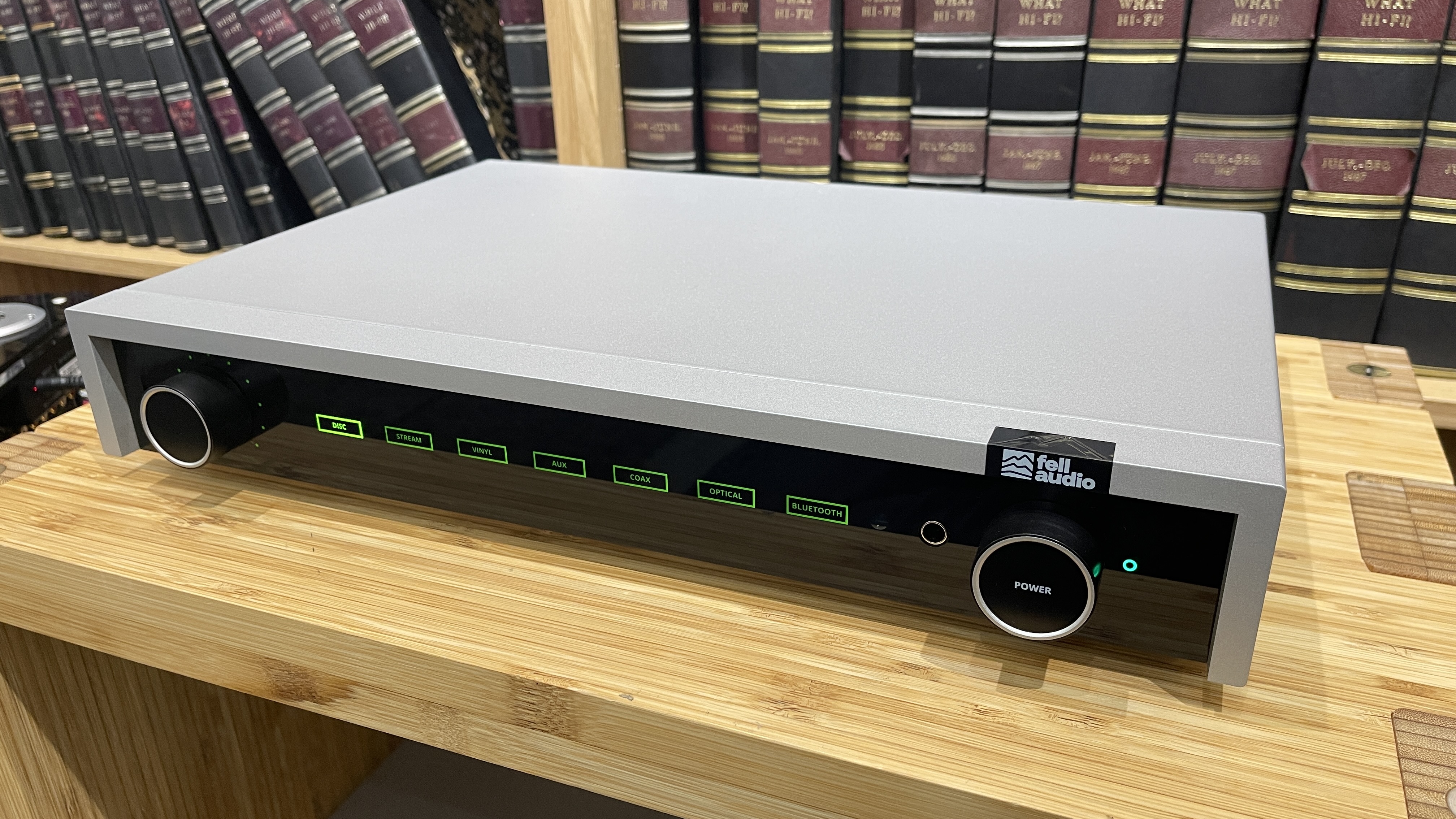
In a rare moment of unity, your comments align with most of the wider hi-fi industry's.
Nearly all the hi-fi company engineers and executives we’ve spoken to for our Sustainability Week 2025 special event also listed longevity as a key way in which they believe they can make products more sustainable.
Cambridge Audio CTO, Matthew Dore bluntly told us: “Great sound shouldn’t cost us the planet.”
He then went on to argue building products to last decades is a key pillar in the firm’s sustainability strategy.
Founder of hi-fi newbie Fell Audio, Matthew Tyson mirrored the sentiment arguing repairable designs and a focus on longevity are a “non-negotiable” pillar of the company's values, when we spoke to him earlier this week.
IAG Group global sales and marketing director, Jamie O’Callaghan, rounded off the chorus of unified hi-fi industry voices, telling us: “If something is built well enough to be repaired and enjoyed for years – instead of being thrown away – that’s already a huge step.”
Our hot take
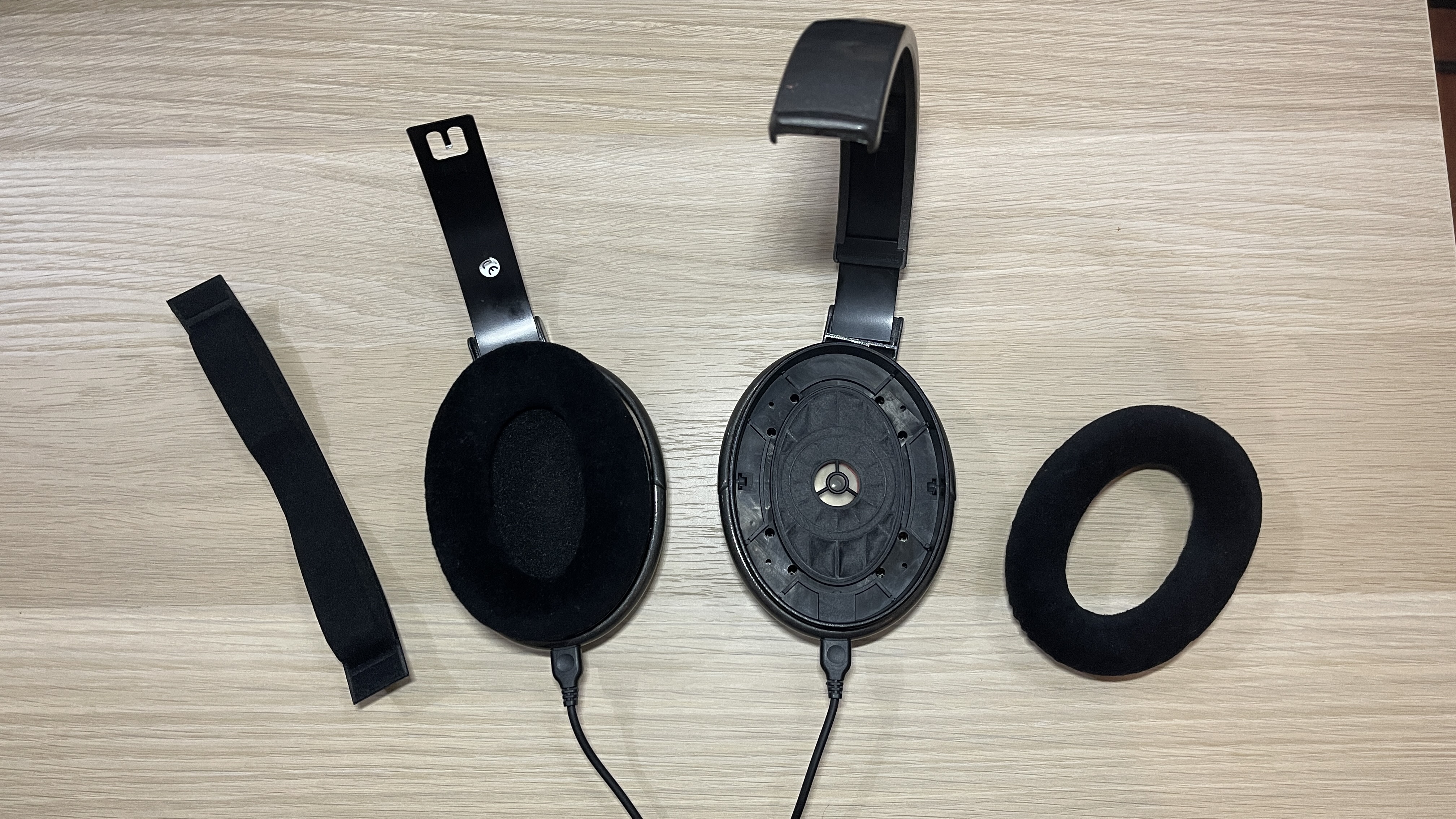
The What Hi-Fi? team wholeheartedly supports the use of ethically sourced materials and holistic sustainability initiatives.
A good example is the Cradle-to-Cradle, circular design standard targeted by a select number of Bang & Olufsen products, which factors the company's entire supply chain and whether every employee is on a living wage, as well as the materials used in the manufacturing process.
But, on top of that we generally agree longevity and repairability are key factors that can’t be ignored.
So much so that this week our technical editor, Ketan Bharadia, penned a piece celebrating Sennheiser and its approach to supporting older headphone models, including the HD650 he uses to this day, in a bid to improve their longevity.
As he said in the piece:
“Most hi-fi equipment isn’t cheap, but if it can be designed in a way that encourages a long life and fuss-free repair, then that initial outlay, no matter how high it is, can be more easily justified.
“If the environment, and sustainability in general are important to you, it is worth only buying from manufacturers that support their older products. My Sennheisers are good to go for another decade, and I’m chuffed about that.”
MORE:
These are the best stereo amps we’ve reviewed
Our picks of the best speakers
We rate the best music streamers we’ve tried and tested

Alastair is What Hi-Fi?’s editor in chief. He has well over a decade’s experience as a journalist working in both B2C and B2B press. During this time he’s covered everything from the launch of the first Amazon Echo to government cyber security policy. Prior to joining What Hi-Fi? he served as Trusted Reviews’ editor-in-chief. Outside of tech, he has a Masters from King’s College London in Ethics and the Philosophy of Religion, is an enthusiastic, but untalented, guitar player and runs a webcomic in his spare time.
You must confirm your public display name before commenting
Please logout and then login again, you will then be prompted to enter your display name.
